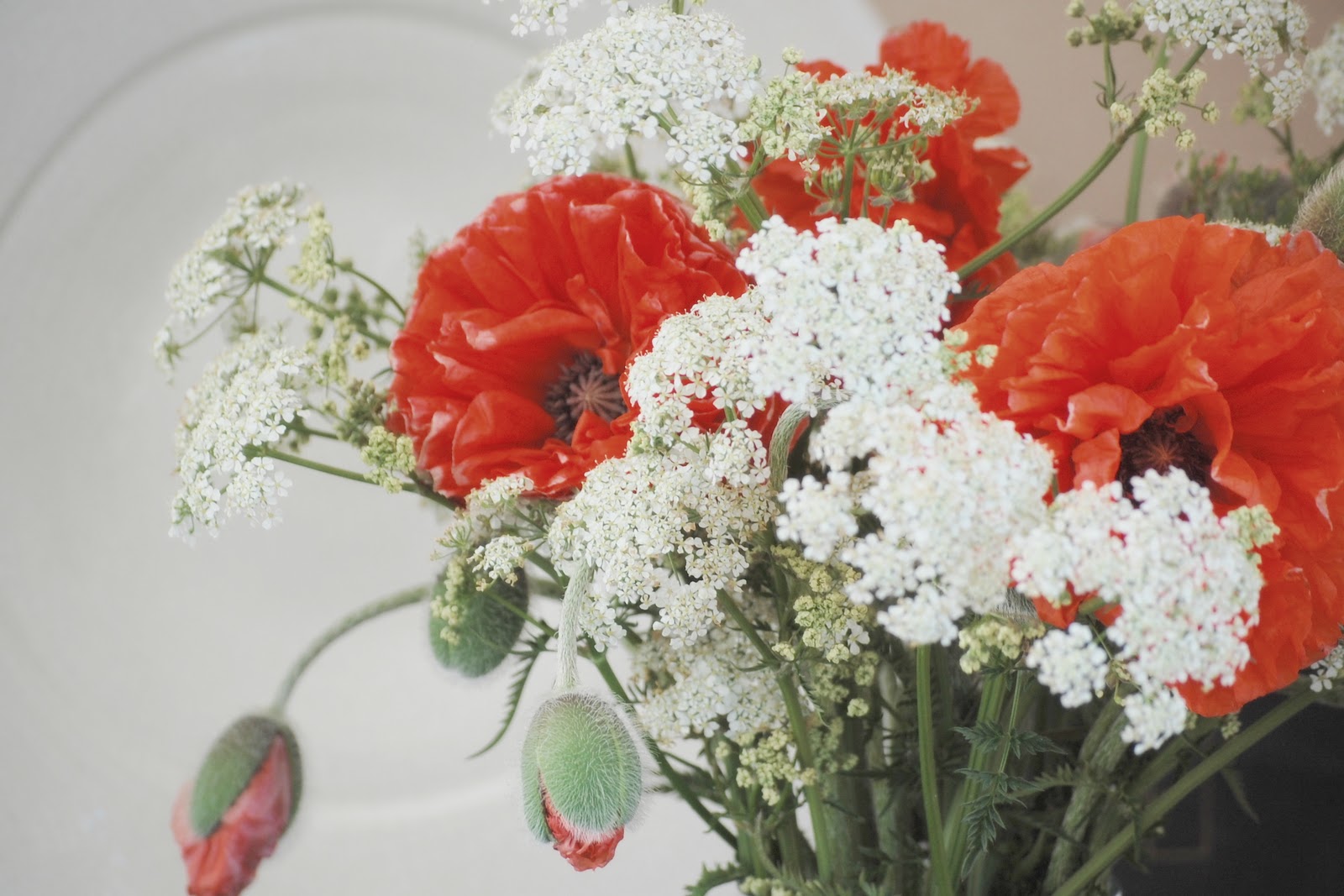
Two minutes early, I slid into the waiting room chair at the beauty parlor where my mother, sisters, and I all have our locks trimmed. Two minutes early and within five seconds of my bottom touching the vinyl seat, I hear those four little words that follow me seemingly wherever I go. Regardless of community, geography, age, race, gender, socio-economic realities, education level, employment status, sexual orientation, or marital status, those four little words echo across the globe, or at least this great nation of ours. “I don’t like change.”
Curiosity stirs. I wonder who first uttered these four humble words (or those of equal sentiment). Let’s go back to the United States of America. One of the key reasons we came into existence was a hunger for change. For 12ish years, my most consistent context has been the local church which I pastored in various forms, sizes, and locales. Each one had bastions built to resist change as if the next World War were ready to erupt. Yet, the Protestant Church came into reality out of a passionate need for change.
“I don’t like change,” said the woman with the ultra-dark, black-dyed bouffant. Really? Whilst you’ve tried to pretend that it’s still the 1960s, your body shows signs that change is all around you: your wrinkles, your dye job, your posture, osteoporitic as it is. Still more than physical realities remain, dear one: your wisdom, your knowledge, your awareness of current events. You have such beauty, courage, and honor that has helped you to make it thus far. Would a continuing education event really hurt you that much?
Change came for me. Perhaps those three or four of you who are my consistent audience were already aware. My last post here was in May 2011. My aunt died. That death released a new level of awareness in me about where I was and who I was and who I was going to become if I didn’t change some key things. Sure, there is always diet and exercise, but my food intake is not very extravagant and most would consider it quite healthy. I’m talking about core issues that kept stirring over and over. God grabbed a hold of me and wouldn’t let go this time. No more backing down. Change with grace must happen.
So in August, I snapped-to like Jacob’s hip when the angel pulled it out of socket. After a foot/ankle injury, I’d already been limping all summer. I decided that I might as well complete the total picture. As God grabbed hold of me, I grabbed hold of God. “I won’t let you go ‘til you bless me” (Gen 32: 26). And I didn’t. So God did. As Jacob saw the face of God, he was ready to cross the Jabbok River (Gen. 32: 30). Likewise, I was ready to cross the New and head back to the land of my home, the land of the Holston. This time with a new/old name, a new/old approach, a new way of living out the same realities of whom I had always been.
Today, I write from that new context: hospice chaplaincy. Who could have thought that those who are dying are the ones most ready to live honestly, fully, and well? One doesn’t get a second chance at dying, so let us make the very best of it. Let us learn and grow as much as we possibly can as we are being born into the mystery of life-without-end.
Regularly, I count my blessings — growing and striving to learn more about myself; perceiving and enacting my purpose in the kingdom-coming and kingdom-present; pushing myself at the raw edges; amazing loved ones and the opportunity to be with them; the opportunity to be instead of do; the ability to re-engage a spirituality of creativity — all of these things are deeply meaningful to me. Helpful as it is to hear others honor the courage out of which I’ve lived, I would have done it even without that recognition. I suppose I’ve learned I’m nothing if not resilient.
Still, as one might imagine, the past 9 months have been painful. But then, every pregnancy and birthing includes its fair share of pain. Gestationally, it has been fruitful. Rest and freedom and hope and companionship and authenticity and no more obscuring truth because it is too dangerous or difficult for others to handle. Still, I cannot try to hide that the grief of leaving the womb is an ever-present reality. I wonder if it will fade. In no way would I be willing to return to that pre-birth state, but I do miss elements of its known-ness and safety.
Maybe I shouldn’t be so critical of those who don’t like change… or still hold on desperately to that mile-high bouffant. After all, when I googled the hairstyle, there appeared several photos of present-day celebrities whose up-dos look hauntingly like what I imagine mine does when I twist it up on the back of my head. Four little words. Four little words.





